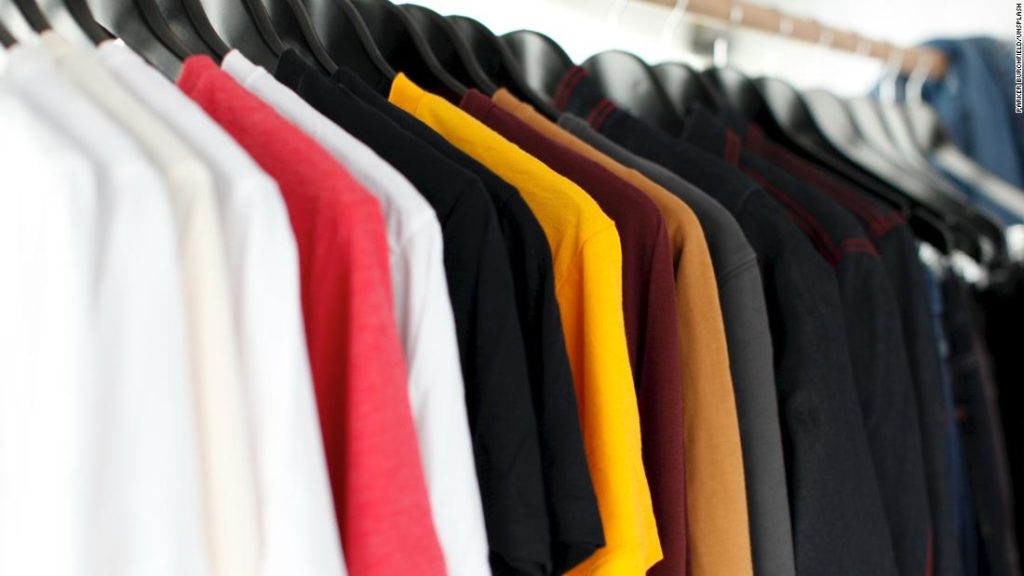TextileGenesis believes the technology that underpins cryptocurrencies such as bitcoin can help. The company, based in Hong Kong and India, wants to make the fashion industry more transparent by using blockchain to digitize the supply chain, helping brands track clothes production from the raw materials to the finished article.
“Sustainability has really become mainstream,” says Amit Gautam, the founder of TextileGenesis. “We see a heightened sense of urgency and a strong pull from the consumers as well as a push from brands to drive sustainability as the core value proposition.”
“The textile industry is one of the most fragmented industries on the planet,” Gautam tells CNN Business. He says the supply chain for a simple clothing item can involve up to seven different manufacturing stages across multiple countries. “The raw material sometimes exchanges 10 hands before it is converted into a t-shirt,” he adds.
His company is using blockchain technology to create a permanent record of every stage of production.
“With blockchain it is impossible to manipulate the results,” says Francois Souchet, a sustainability expert at the Ellen MacArthur Foundation, an environmental non-profit working to improve the fashion industry’s environmental record. “It provides all actors across the supply chain with certainty that the information is true.”
“Once you have transparency within your supply chain, then you can reduce your environmental impact and improve overall quality,” he adds.
Tracking textiles
Austria-based textile manufacturer Lenzing, Gautam’s former employer, has been working with TextileGenesis since 2019 and has rolled out the tech to 120 customers and partners in India, Bangladesh and Pakistan.
Lenzing’s vice president of global business management, Florian Heubrandner, says blockchain has provided “unprecedented transparency” in its dealings with brands and retailers. “It allows them to see exactly where the fiber was spun into a yarn, where the yarn was woven or knitted and where the final garment was produced,” he says.
He believes the technology can help brands hit their sustainability targets, and that it has protected Lenzing’s reputation as a manufacturer of sustainable textiles.
This year TextileGenesis plans to work with brands and manufacturers in India, Bangladesh and China.
“Traceability and sustainability are two sides of the same coin,” says Gautam. “Brands are making sustainability claims to their consumers about the materials they are using. They have to be sure that their product is authentic.”
You may also like
-
UK coronavirus variant has been reported in 86 countries, WHO says
-
NASA technology can help save whale sharks says Australian marine biologist and ECOCEAN founder, Brad Norman
-
California Twentynine Palms: Explosives are missing from the nation’s largest Marine Corps base and an investigation is underway
-
Trump unhappy with his impeachment attorney’s performance, sources say
-
Lunar New Year 2021: Ushering in the Year of the Ox

